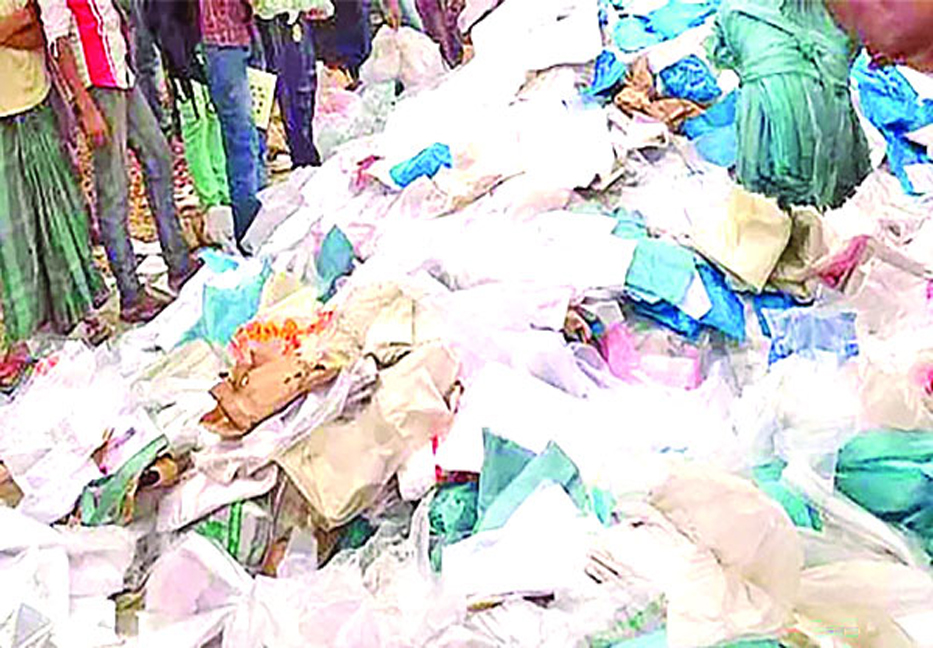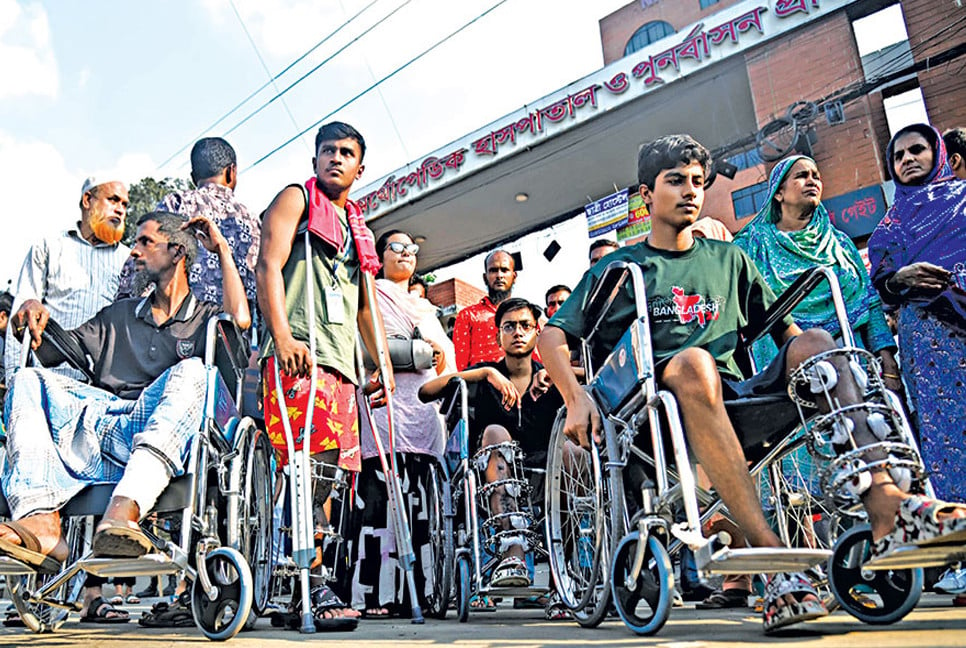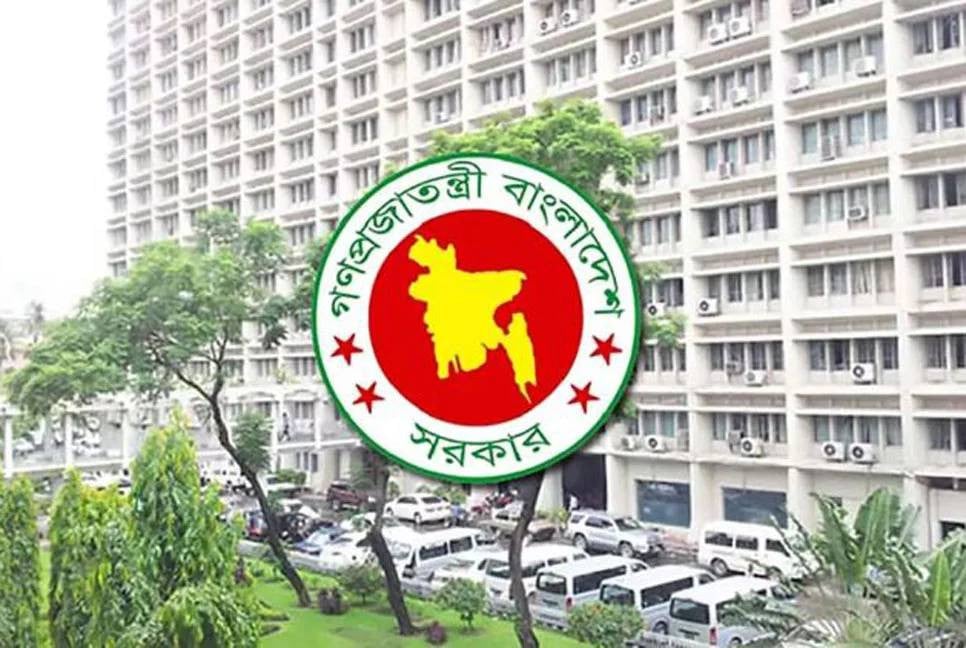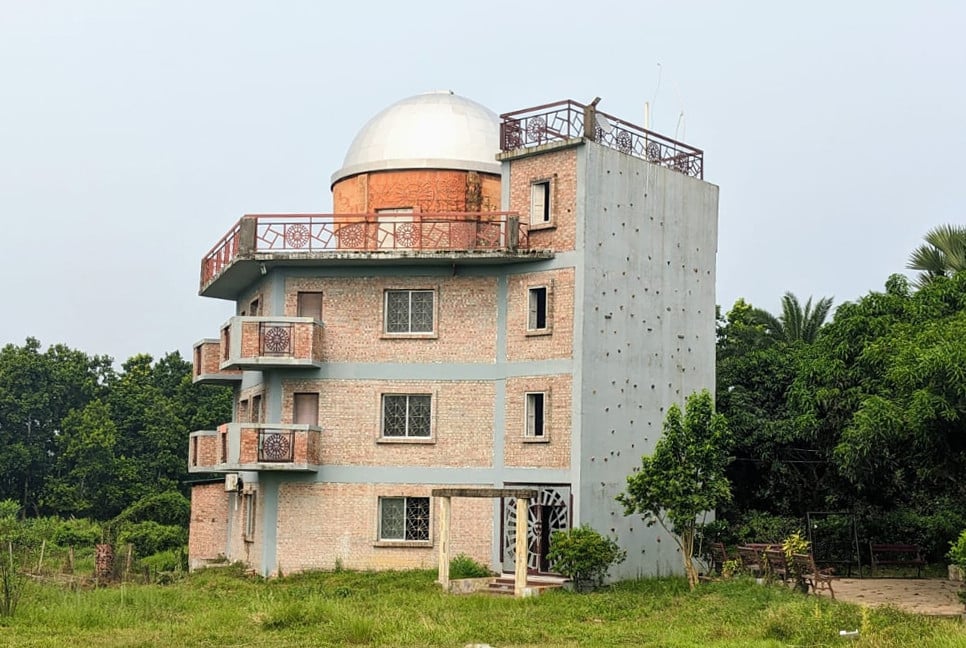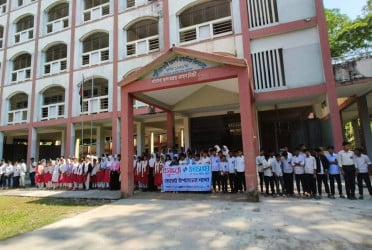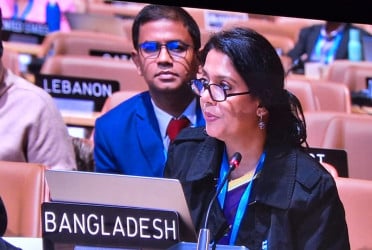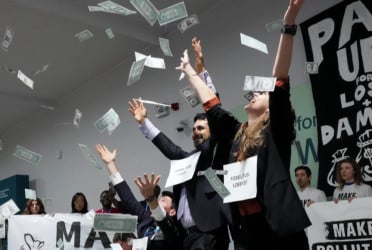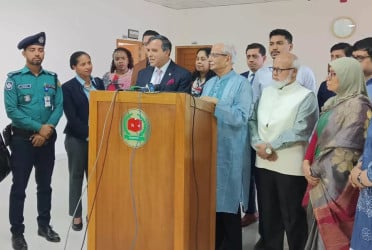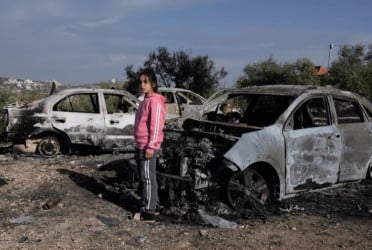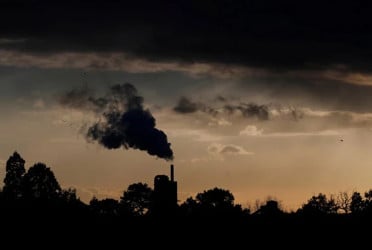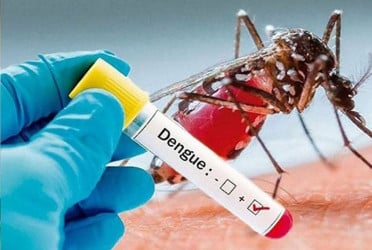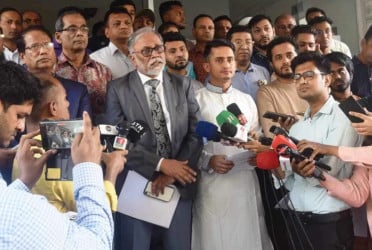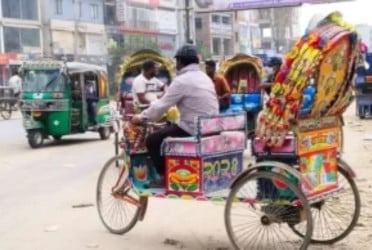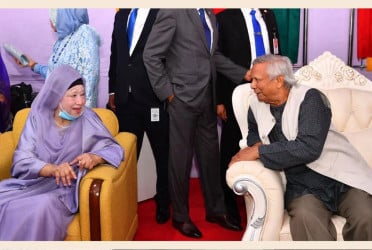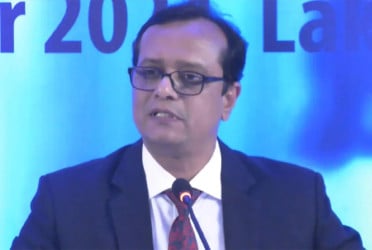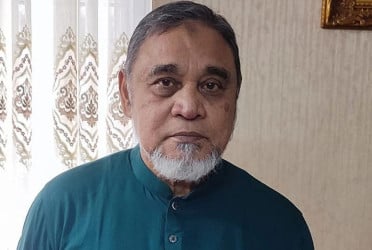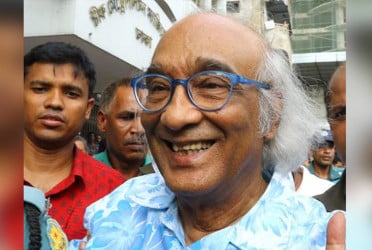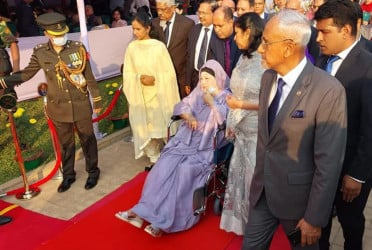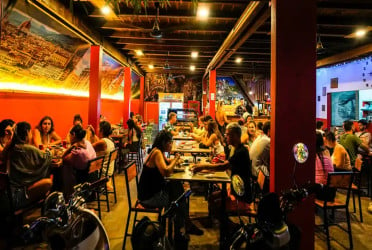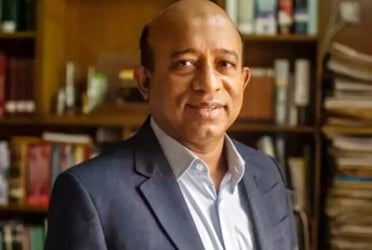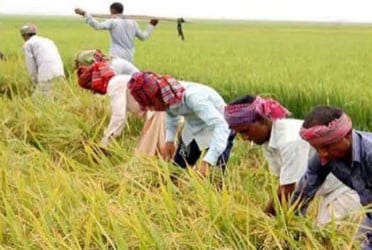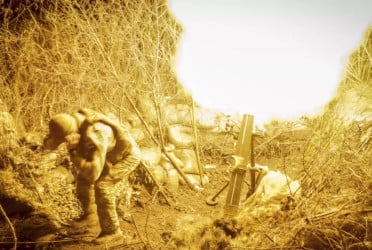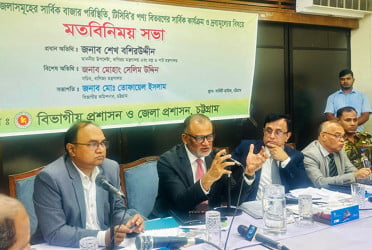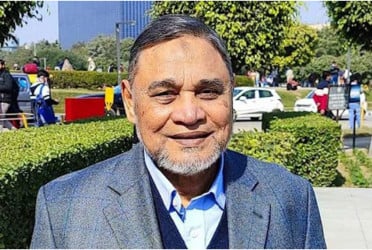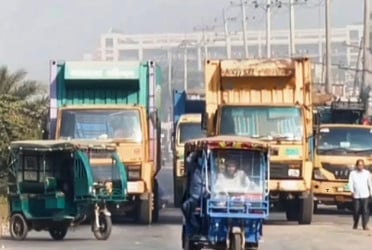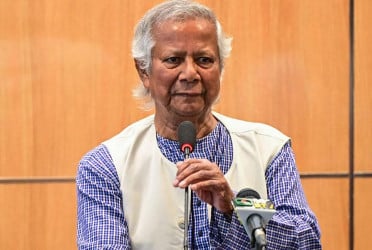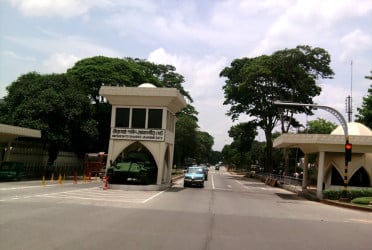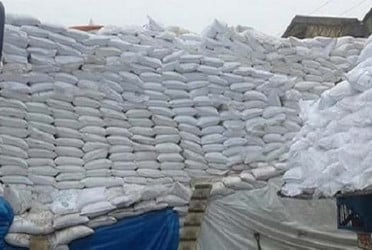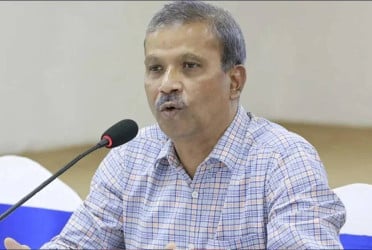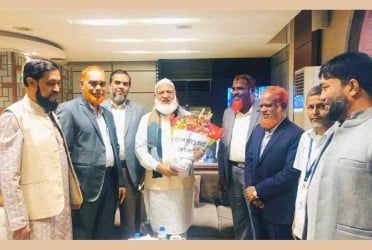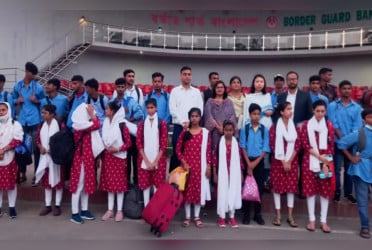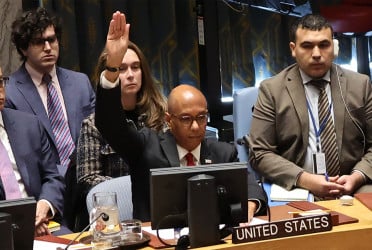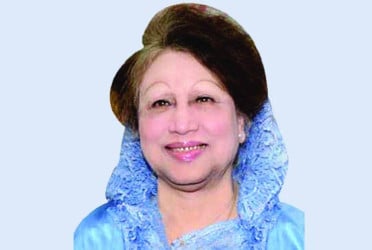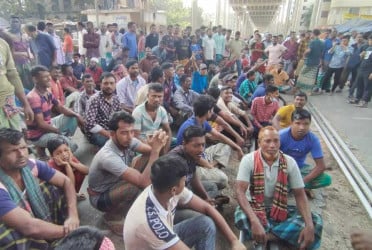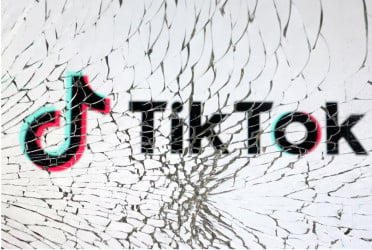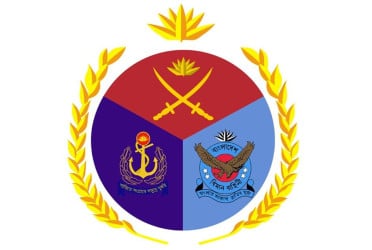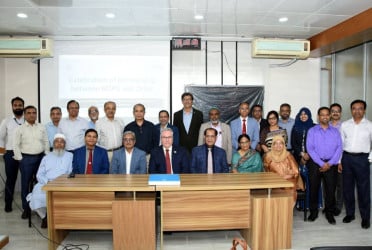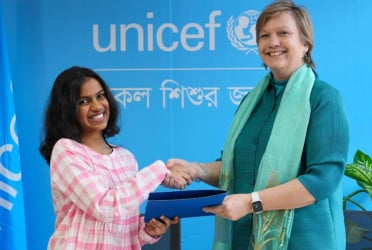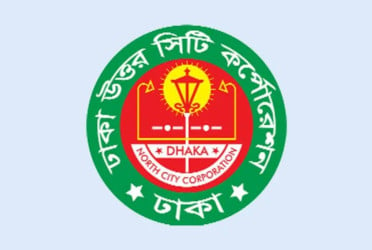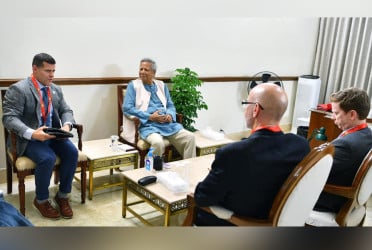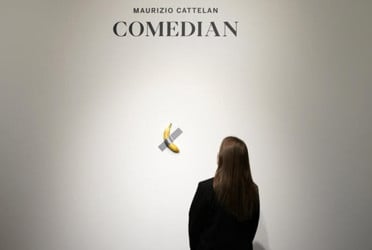The use of polythene bags is banned in the country, but people are using it in purchasing products, throwing away domestic garbage, shopping from shopping malls and departmental stores etc. As people can use it with very little money and carry products easily through it, there seems to be no alternative of it. However, the environment is paying the price of using it recklessly.
The excessive use of polythene from raw food market to shopping malls is creating waterlogging in ponds, drains and water bodies in Dhaka. The environment directorate conducts operations every now and then to prevent the use of polythene, but because of the reckless business of the polythene manufacturers and lack of concern of the users, its uses hasn’t been stopped yet. The government had invented ‘Golden Bags’ as an alternative to polythene. However, in the local market of the cities, it hasn’t become popular yet.
According to the authorities concerned, the demand of polythene in the market is still very high. The government also seized a few times the polythene bag making machines from Chakbazar of the capital, the center of its production. Nonetheless, the manufacturers began to restore the production and selling of polythene again.
Besides Chakbazar, the factories producing polythene in Karwan Bazar and other areas of the country were shut down. But, their syndicate becomes active within a short time again.
An officer-in-charge of environment directorate told The Bangladesh Pratidin, “A strong syndicate is involved in polythene production and selling. Hence, it’s necessary to make the users of polythene aware of its harmful effects. The government allotted big money to produce the alternative of polythene bags which is easily diffused in soil. Once it’s marketed, then the use of polythene bags will hopefully be reduced.”
According to a statistics, on an average, a family residing in Dhaka uses 4 polythene bags each day. So, around 1 crore and 40 lakh polythene bags is being thrown away after using it for once. According to the estimation of Bangladesh Poribesh Andolon, each day around 2 crore polythene bags is being accumulated in the open environment of the capital.
Between 2005 and 2022, the use of polythene in the country has increased by more than three times. Officially, in 2002, the use of HDPE (higher density polyethylene) polyethylene was banned across the country. But after a few days, use of it started again in the market. Although the directorate of environment occasionally conducts operations to control this harmful product, its production, marketing and consumption haven’t been decreased even that much. According to the relevant law, the crime of manufacturing, importing and marketing polythene involve a maximum penalty of two years rigorous imprisonment or a fine of Tk 2 lakh or both. Despite this, a huge amount of polythene bags are being used every day. And this waste is polluting the environment by mixing with it.
According to a statistic of the Save the Environment movement, polythene doesn’t decompose for long and gets mix with the soil, causing a lot of damage to birds and aquatic life besides humans. Due to excessive use of polythene, the sewage system in various cities of the country, including the capital, is deteriorating. Environmentalists have identified polythene as one of the causes of waterlogging in the capital Dhaka. Traders in the city said that although polythene is harmful to the environment, they do not have any other means of carrying such goods. They also said that the price of golden bag is relatively high and there is no demand for it. A handful of buyers come to the market with eco-friendly bags from home, but most depend on polythene.
Sellers of some raw market products in the city told The Bangladesh Pratidin, “After buying fish and meat, customers feel comfortable taking it home in polythene bags. Most of the buyers prefer to buy products in polythene bags instead of net bags or jute bags. They don't want to buy products without polythene.”
Although there is no demand for golden bags in the country, as an alternative to polythene, in 2016, Bangladesh Jute Mill Corporation (BJMC) scientific advisor Dr. Mubarak Ahmad Khan invented the biodegradable 'Sonali Bag' made of jute. A pilot project was taken up in 2018 to market this bag. On April 7, 2019, Tk 10 crore was allocated from the Bangladesh Climate Trust Fund for the production of these bags. Necessary machinery and chemicals are bought with this money. The project stakeholders said that in the meantime, an automatic machine worth more than Tk 1 crore has been installed from China for the production of bags. Another machine is supposed to be installed after Eid. It takes some time to set up the machine due to the tender.
More than 2 tons of Golden Bags can be produced from these two machines. Currently, these bags are being made every day, but they are being exported to various countries. On an average, 4 to 5 thousand bags are being sent out of the country. Although there is a demand of it in some local companies, it is not known where and how they are utilizing it. These bags are in demand outside the country in USA, Middle East, Europe, Canada, Malaysia, and Thailand. Even if the daily demand of Golden Bags outside the country is 20 tons, it is not possible to meet it.
Dr. Mubarak Ahmad Khan on Friday told The Bangladesh Pratidin on, “The polythene traders are creating the biggest obstacle in the supply of golden bags in the market. They don't want to let it come to market. Again users are not interested in golden bags as they are used to handle polythene and can buy it cheaper. People are not concerned about the environment. Even at the climate conference in Egypt this year, no one talked about the alternative use of polythene. Environmentalists of the country don’t talk about this. Prime Minister Sheikh Hasina is giving us another project worth Tk 1.5 billion through ADB. Then we have a target of 10 tons of golden bag production. However, traders think that the price of this bag is high. But this bag does not harm the environment and it can be cleaned and reused. For the use of this bag, government initiatives should be increased to create awareness among people.”
@The report was published in Bengali on print and online versions of The Bangladesh Pratidin on June 17 and rewritten in English by Lutful Hoque

